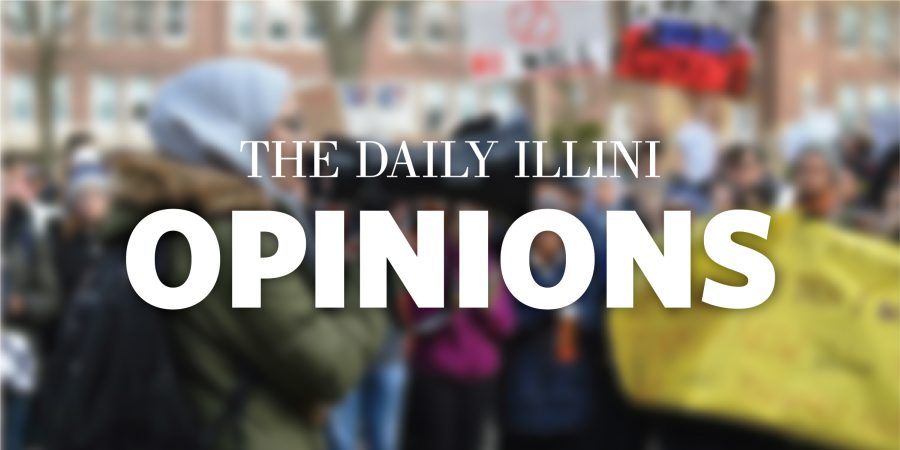Opinion | Life was better under Brezhnev
Nov 19, 2019
“Things were better under Brezhnev. Life was easier.” That’s what my host father told me over his birthday dinner one night during my time in St. Petersburg this summer. It was a view I heard from many older Russians. They miss the USSR. This month marks the 30th anniversary of the fall of the Berlin Wall, a time that was full of hope for Eastern Europeans that a better future had arrived full of Democracy, Capitalism and prosperity.
Despite this, nostalgia for communism is common throughout eastern Europe. When asked, a record 70% of Russians believed Stalin to be a positive force in the nation’s history this year. Even in countries that were part of the Soviet Union other than Russia, the majority of these countries report that the breakup of the USSR did more harm than good according to Gallup.
Ironically, there are both liberal and conservative reasons for missing the USSR. The liberal reasons being of course that there were no oligarchs and that public services were better.
The conservative reasons were less intuitive. First, they missed being a global power and the spirit that accompanied it.
Second, was immigration. While the Soviet Union was a massive multicultural empire, it had strict internal immigration. You needed an internal passport to travel domestically. Although Russia and Georgia were part of the same country before 1991, there are more Georgians there now than during the USSR.
Get The Daily Illini in your inbox!
The last conservative reason is crime. The USSR had draconian punishments for all sorts of crimes and worked to maintain full employment leading to very few criminals. With the end of both these mechanisms in the 1990s, crime soared, making Russia a much more dangerous place.
It is doubtful that many people in Eastern Europe actually want to bring back full-blown communism. Nostalgia for it is better seen as a critique of the present and a reminder for what was lost in the past. The fall of communism was a time of hope and change in Eastern Europe that went wrong. Much of this was due to the attempts made by Western economists at rapidly transitioning command economies into free-market societies.
Since the collapse of the Eastern Bloc, Poland was often cited as an example of successful shock therapy. However, it is easy to claim victory in the short term. The long-term effects of neoliberalism have led to a population that is interested in change. Thus arose a party called Law and Justice (PiS in Polish). PiS’s strategy could be called Soviet Catholicism. It combines both the liberal and conservative reasons for communist nostalgia mixed with modern populism.
The government has expanded the social safety net and maintained the national healthcare system. Their major economic policy is “Family 500+” which is designed to reduce child poverty and mitigate the country’s trend of depopulation, a phenomenon common in Eastern Europe since the fall of communism, by giving 500 PLN ($130) to families for every child they have after their first.
Despite these policies that could generally be considered left-wing, they have many conservative instincts. Often making appeals to the Catholic Church, the country’s main faith, the government attempted to ban abortion in every case, considered implementing a “Gay Propoganda Ban” modeled on Russian law and constantly attacks immigrants as ruining the country’s values — despite being almost completely ethnically homogenous. Furthermore, PiS has packed the country’s supreme court in its own favor and turned the national news into a pro-government propaganda machine. This is a country that is supposed to be the model of successful shock therapy.
On the other end of the spectrum is Russia which is used as a point against the efficacy of neoliberal shock therapy. The 1990s created an economic slump twice as harmful to the country as the Great Depression was to America’s GDP, and led to a decrease in social services, education and life expectancy. While Russia’s economy is now stronger, it’s even more rapid transition to neoliberalism has created massive inequality leading to a dangerous class of oligarchs.
Eastern Europe defies the Cold War logic that capitalism equates to freedom. In the 1990s, confident in his belief that the West had won, while Fukuyama declared it was the end of history; Thatcher announced that there is no alternative, and we hastily installed capitalism into these countries. Now, 30 years later, communism has transitioned into authoritarian capitalism as seen in Eastern Europe, China and Vietnam. The fall of the Berlin Wall was not a mistake. It was an opportunity for reform. Instead, overconfident in the infallibility of liberal capitalist democracies, the West installed a new type of government that was doomed to fail.
Joe is a senior in LAS.






